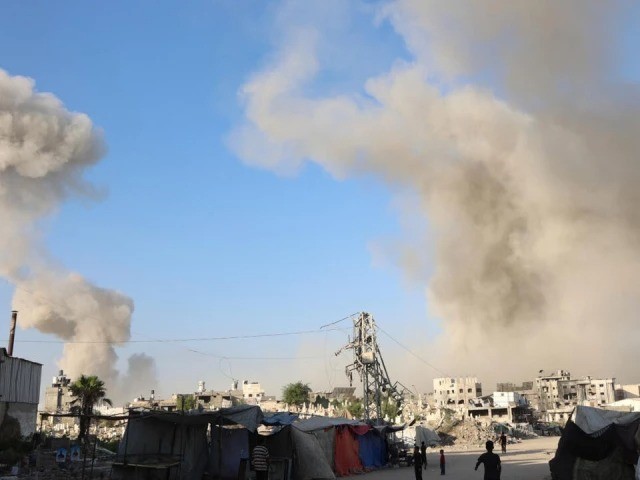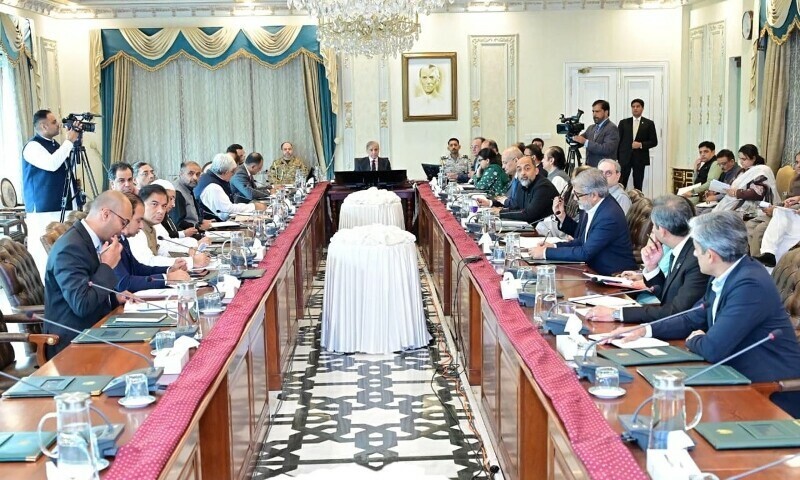KARACHI: At a workshop held on Thursday, experts raised the alarm over the growing impact of climate change on Pakistan’s coastal communities, especially those living near the Indus Delta. Speakers emphasized the urgent need to expand mangrove forests along Karachi’s coastline, describing them as a vital natural barrier against disasters such as cyclones, floods, and tsunamis.
Participants, including environmentalists, government officials, and community leaders, discussed how drastically reduced freshwater flows from the Indus River have devastated biodiversity, fisheries, and farmland — leaving many communities without sustainable livelihoods.
While there has been some progress in increasing mangrove coverage, concerns remain. Speakers expressed disappointment that mangrove forests are still being cleared for commercial and housing developments, putting both people and wildlife at greater risk.
The event, part of a mangrove management and community development initiative supported by Germany’s Federal Ministry for Economic Cooperation and Development and WWF-Germany, highlighted the fragile state of mangrove ecosystems.
“These forests remain under immense pressure due to overuse and poor protection,” said Hammad Naqi Khan, Director General of WWF-Pakistan. “Communities at the tail-end of the Indus are facing harsh realities — land erosion, saltwater intrusion, falling fish stocks — all made worse by climate change.”
Khan stressed that solutions must be community-led and long-term. “We need to institutionalize sustainable models for resource management and climate adaptation,” he said, praising the Sindh Forest Department and local fisherfolk for their efforts to restore mangrove habitats.
Arif Ali Khokhar, Conservator at the Sindh Forest Department, shared that mangrove coverage in the delta had grown from just 80,000 hectares in the 1980s to over 250,000 hectares today — a success recognized globally. “These forests don’t just protect the coastline; they support livelihoods, protect biodiversity, and reduce the impact of natural disasters,” he said.
Altaaf Hussain Sheikh, Senior Manager at WWF-Pakistan, highlighted deeper challenges. “Weak governance, poverty, and growing economic pressures are major obstacles to real, lasting change in the delta region,” he noted.
The event also emphasized the importance of disaster readiness. Chief Meteorologist Ameer Hyder Laghari called for practical steps at the community level, including regular earthquake drills, early warning systems, and stricter enforcement of building codes.
Other speakers included Waqar Hussain Phulpoto, Director General of the Sindh Environmental Protection Agency (SEPA); Waheeda Mahessar, Executive Director of SZABIST-ZEBTech; and Dr Ashiq Ali from SEPA, all of whom echoed the need for urgent, coordinated action to protect vulnerable coastal populations











